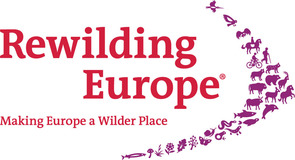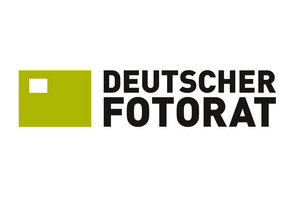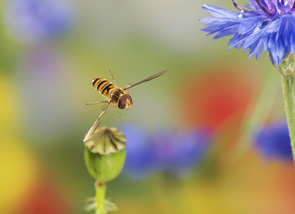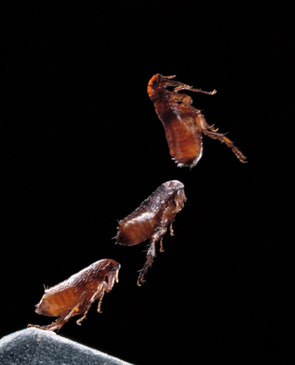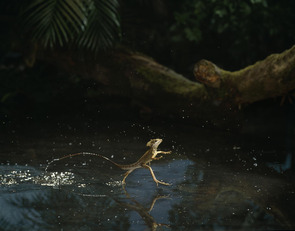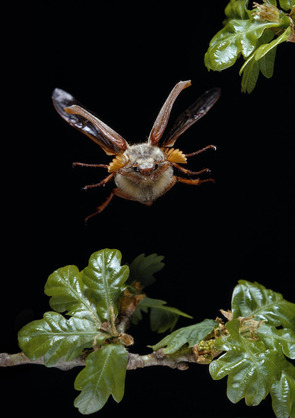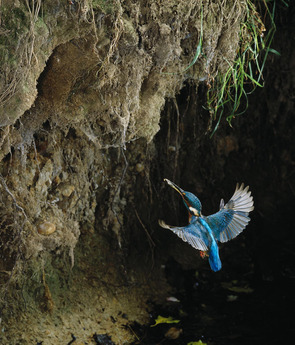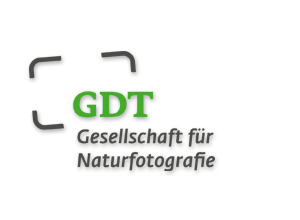
Fritz Steiniger Prize 2015
GDT honours Stephen Dalton for pioneering work in the field of high-speed flash photography
Within the framework of the international nature photography festival, the GDT honoured British photographer Stephen Dalton with the Fritz Steiniger Prize for his contribution to nature photography. The results of his experiments in high-speed flash photography and his subsequent publications were landmark events in the world of photography and caused a great stir worldwide.
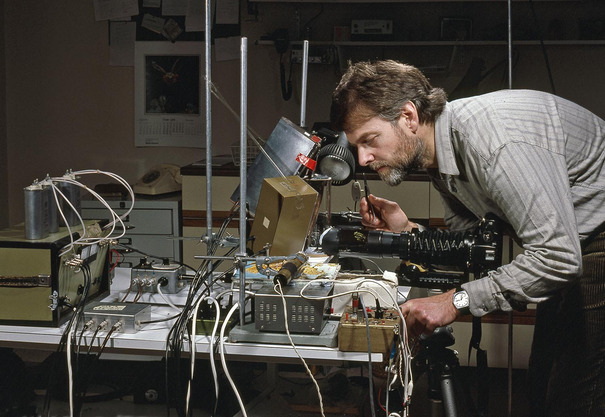
Stephen Dalton (GB)
Stephen Dalton (born in 1937) has been enthusiastic about nature and photography already at a young age. After his degree he set out to combine these two passions in his professional life. In 1970 he started something completely new: photographing insects on the wing with absolute clarity. At this time digital photography was decades away, film speeds (for quality results) were limited to ISO 25 - 32, flash units were restricted to about 1/1000 second - far too slow for stopping insects, or birds for that matter. It was the solution of these problems that became his overriding obsession. Two years of experimentation resulted in perfecting techniques and highly specialised equipment, allowing him to capture movements that were far too rapid to be seen by the human eye, and ones never observed in such detail before. Stephen Dalton's images are much more than mere documentation; his work of fascinating intensity and striking beauty has set visual and artistic standards that are still valid today.
Apart from his photographs being published in many books and exhibitions at home and abroad, one of his insect images was chosen to board NASA's Voyager 1 and 2, which have been travelling through and out of our solar system since 1977. By now Voyager 1 is some 20 billion kilometres away from Earth and carries the image, which is expected to last one billion years, as part of records conveying something of the science and culture of mankind to possible extra-terrestrial beings.








